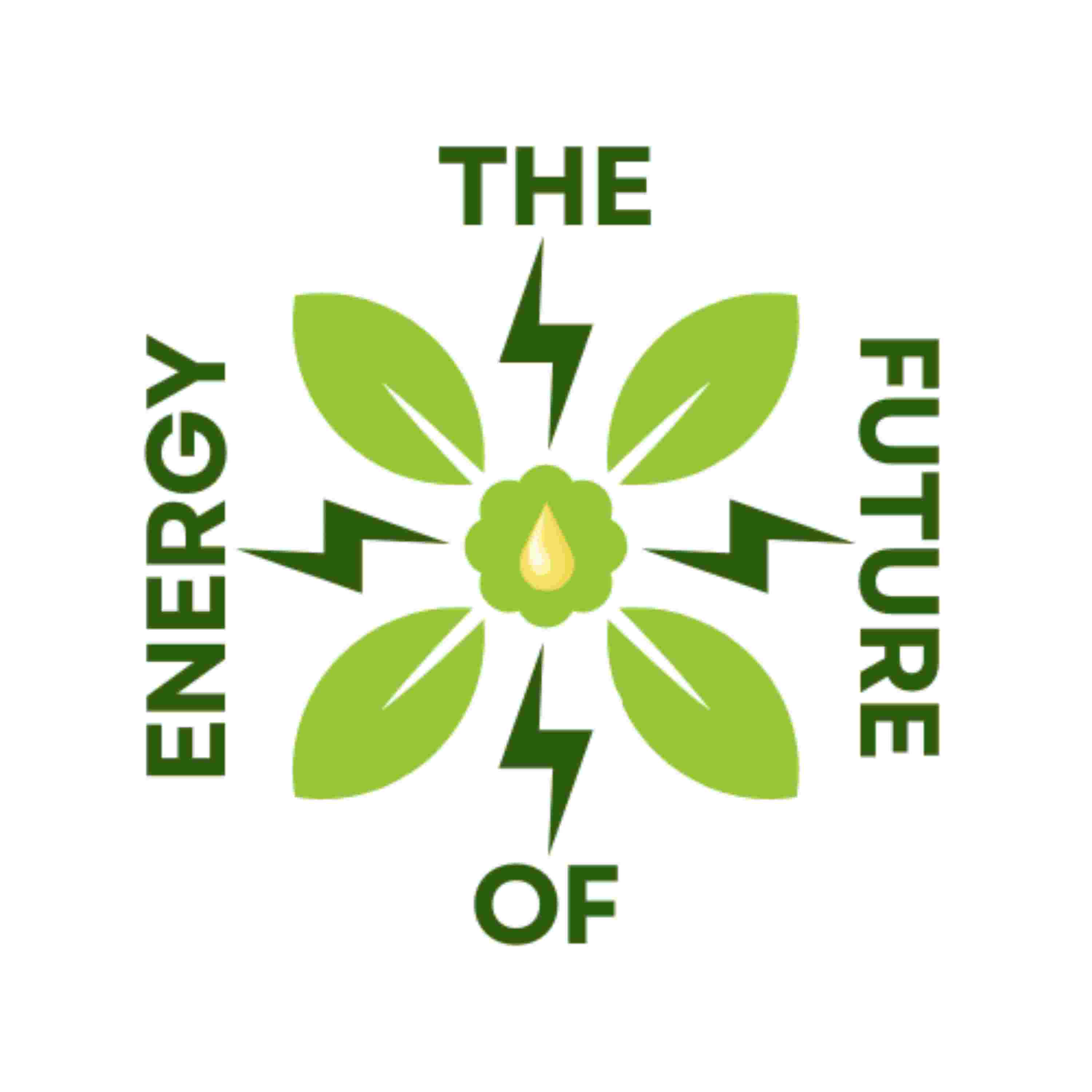

To find the first geothermal power plant in the world you have to go to Tuscany, Italy in the early twentieth century. The creation of the first geothermal power plant was thanks to Prince Piero Ginori Conti of Trevignano. Conti initially worked for his father-in-law Florestano de Larderel in the processing of boric acid. It was through this work that Conti eventually found his way into geothermal energy with the creation of the first geothermal energy generator in 1904. Based at the Lardorello dry steam field, Conti’s generator was able to produce 10 kW of energy and power five light bulbs. From these humble beginnings, the geothermal potential of Lardorello was expanded in 1911. In an area known as the Devil’s Valley the world’s first geothermal power plant was completed in 1913. In this episode we talk with John Clegg of Hephae Energy on his career path from drilling oil and gas wells to developing drill bits and drilling tools for hot, dry rock for enhanced geothermal systems. Technology developed for unconventional oil and gas reservoirs may be the inspiration for this new industry. Innovation at work.ReferencesHephae Energy Technology https://www.linkedin.com/company/hephae-energy-technology/IADC Geothermal Well Classificaiton https://iadc.org/wp-content/uploads/2025/02/IADC-Geothermal-Well-Classification-v1.pdf